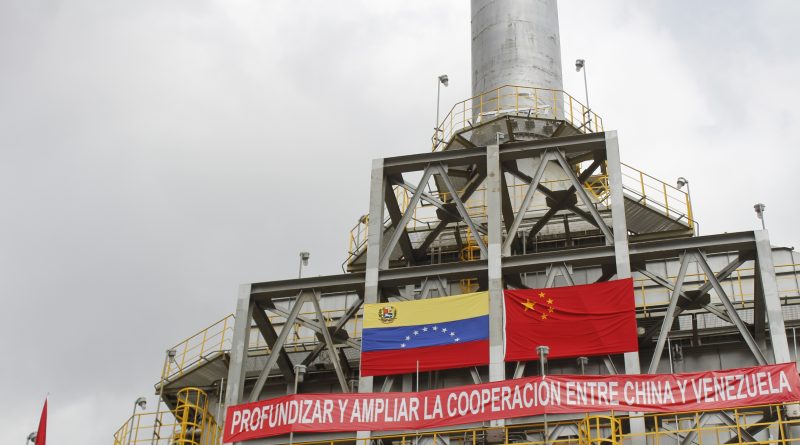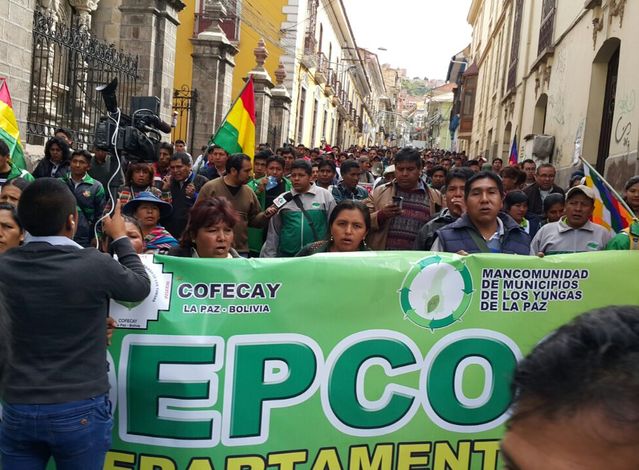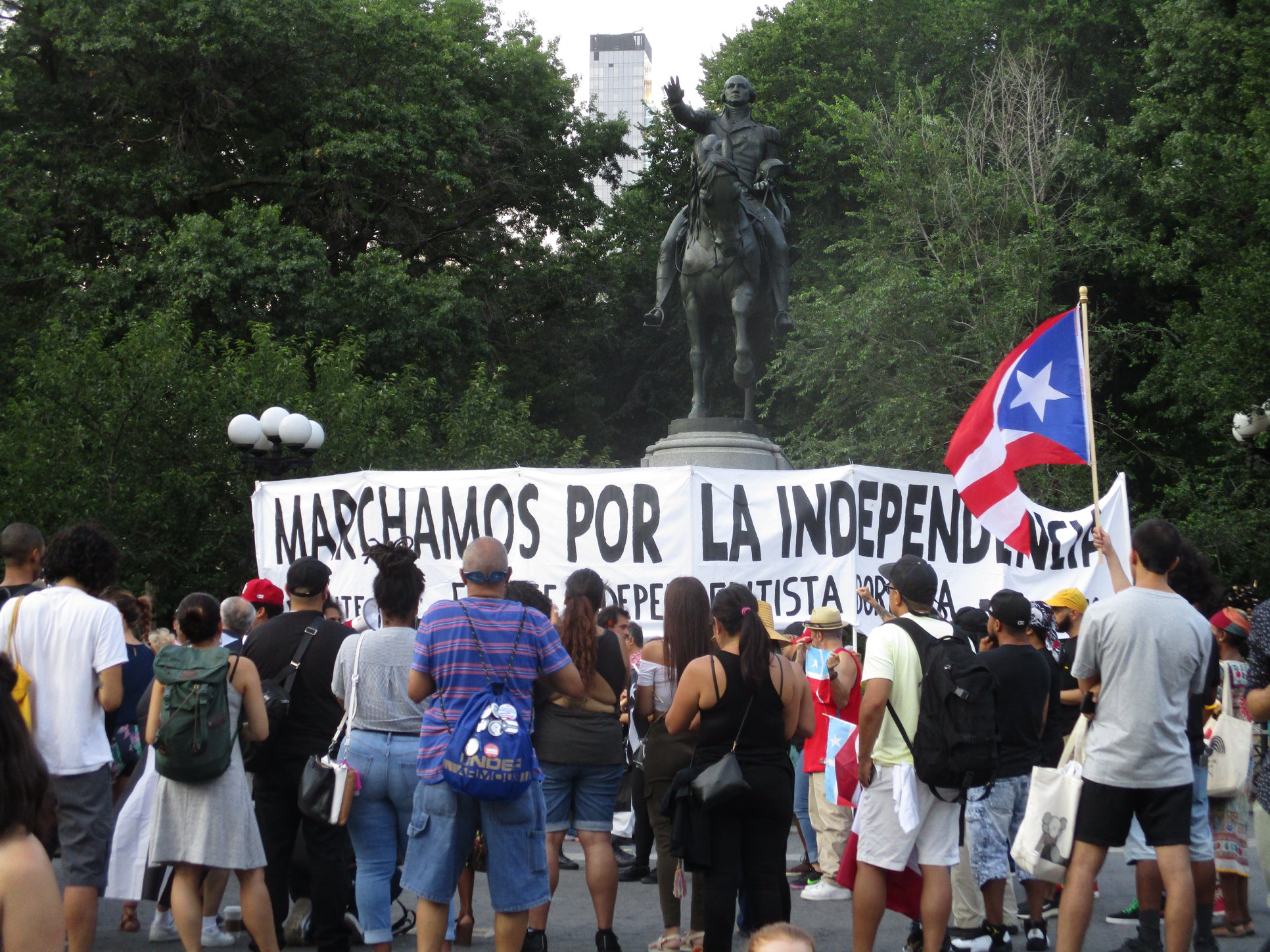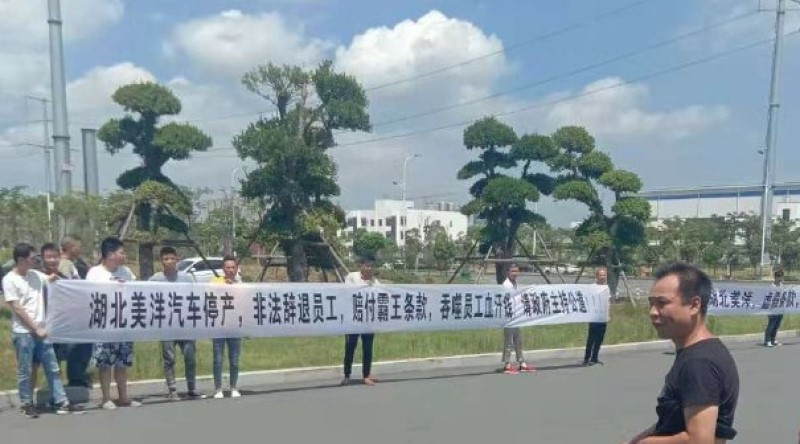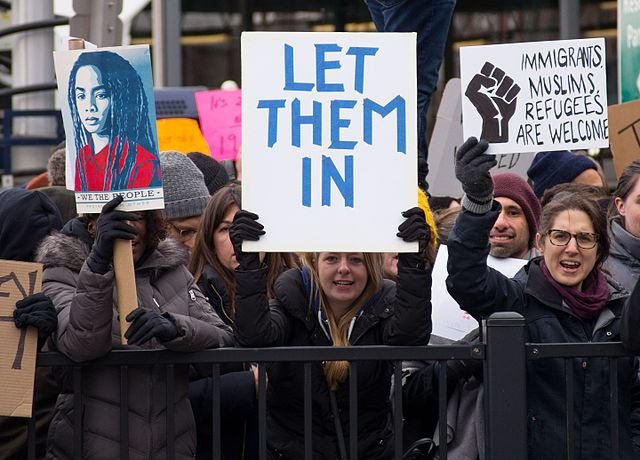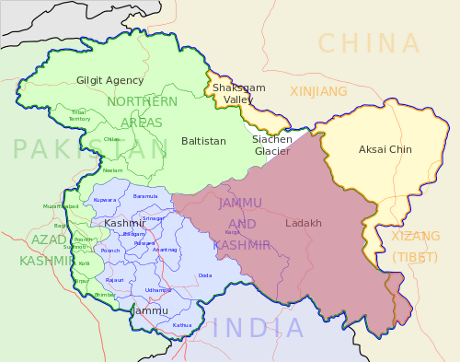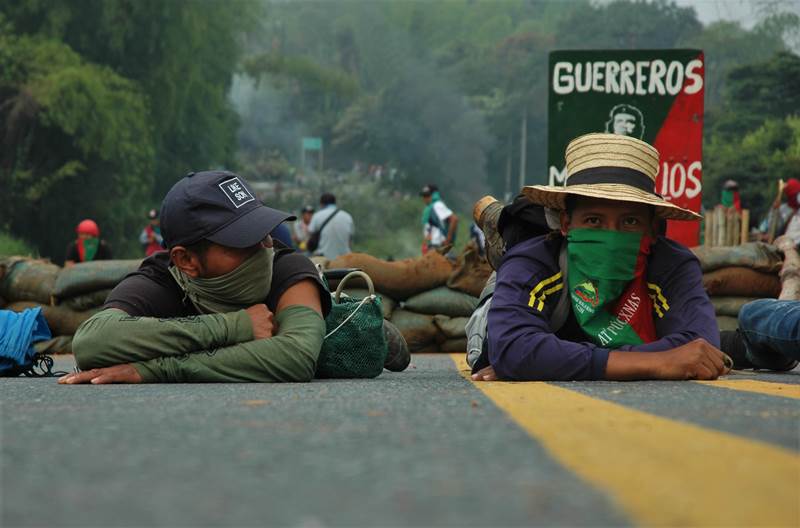
Indigenous target in Colombia human rights crisis
The Colombia office of the UN High Commissioner for Human Rights urged the government to effectively protect the lives and physical and cultural integrity of the Nasa indigenous people amid a wave of assassinations in their territory in the southern department of Cauca. The statement noted attacks on members of the Nasa Indigenous Guard over the past 24 hours, in which two were killed—Gersain Yatacué in the community of Toribio and Enrique Güejia in the community of Tacueyo. These brought to 36 the members of the Nasa people killed so far this year, according to Alberto Brunori, the UN human rights officer for Colombia, who said there is now an “alarming situation” in Cauca. (Photo: Colombia Informa)



